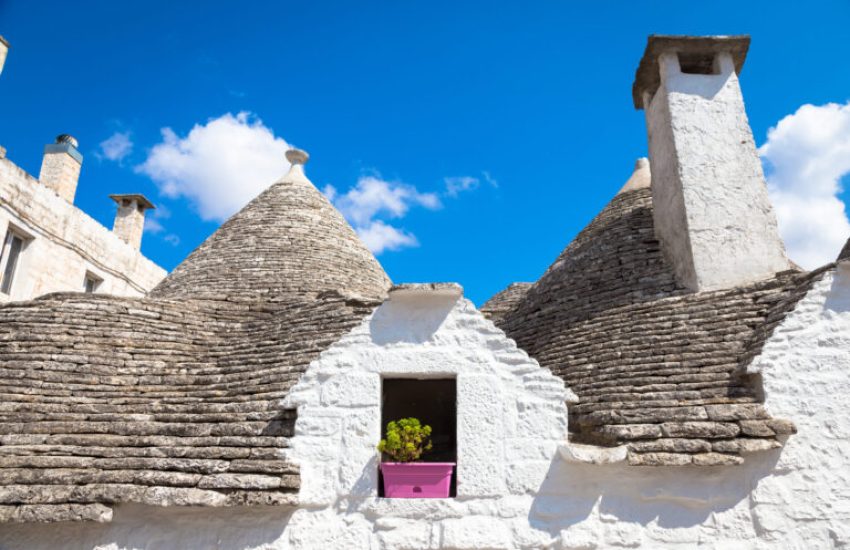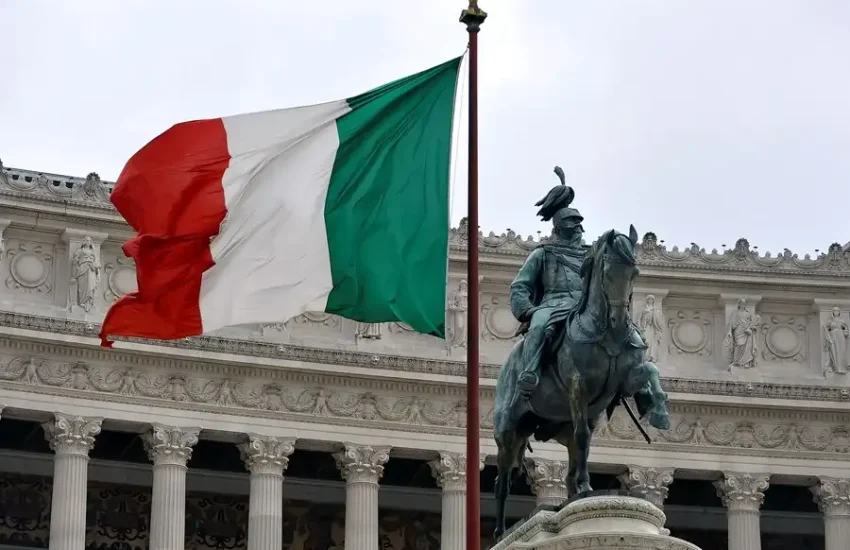Italian surnames reveal more than just family heritage, they tell stories about professions, geographic origins, physical traits, and even noble lineages. According to the Istituto Nazionale di Statistica (ISTAT), surnames such as Medici and Borgia stand out for their political and cultural importance throughout history. Yet, beyond these iconic names, walking through Italian cities or browsing birth records quickly reveals that Rossi, Russo, and Ferrari are among the most common in the country.
Origin of Surnames in Italy
The adoption of surnames in Italy began around the 11th century, during the Middle Ages, when population growth and the development of civil registries demanded more precise ways to identify individuals. Over time, these identifiers were passed down through generations and became enduring symbols of family identity.
Meanings and Professions
Many common Italian surnames have origins linked to physical traits or occupations. For example, Rossi and Russo derive from the word “red,” likely referring to the hair or skin color of their ancestors. Bianchi means “white.” Others, like Ferrari, relate to professions, in this case, ironwork. Romano indicates geographic origin (“from Rome”), Conti means “count,” and Esposito has a more curious origin — it was given to children left in convents or orphanages.
The Role of Prefixes
Another curiosity lies in the prefixes found in Italian surnames, which help trace family origins. In many cases, these elements reveal descent or regional ties. The prefixes “De” or “Di” mean “of” or “from” and usually indicate lineage or belonging. For example:
-
De Luca means “son of Luca,” a surname derived from the father’s name, a common practice in many regions of Italy.
-
D’Amico means “of the friend” or “son of the friend,” possibly a term of affection within small communities.
The prefix Della (the feminine form of “of the”) indicates connection to a place or landmark. For instance:
-
Della Torre means “of the tower,” likely used by families who lived near a tower or castle.
The use of Da follows the same principle, as a direct form of “from.” Thus, a surname like Da Vinci, made famous by Leonardo, literally means “from Vinci”, revealing the person’s geographic origin.
Beyond their historical value, Italian surnames continue to spark interest among those researching their ancestry. In Brazil, genealogy websites and consulates report a growing number of people seeking family records, especially descendants pursuing Italian citizenship.









